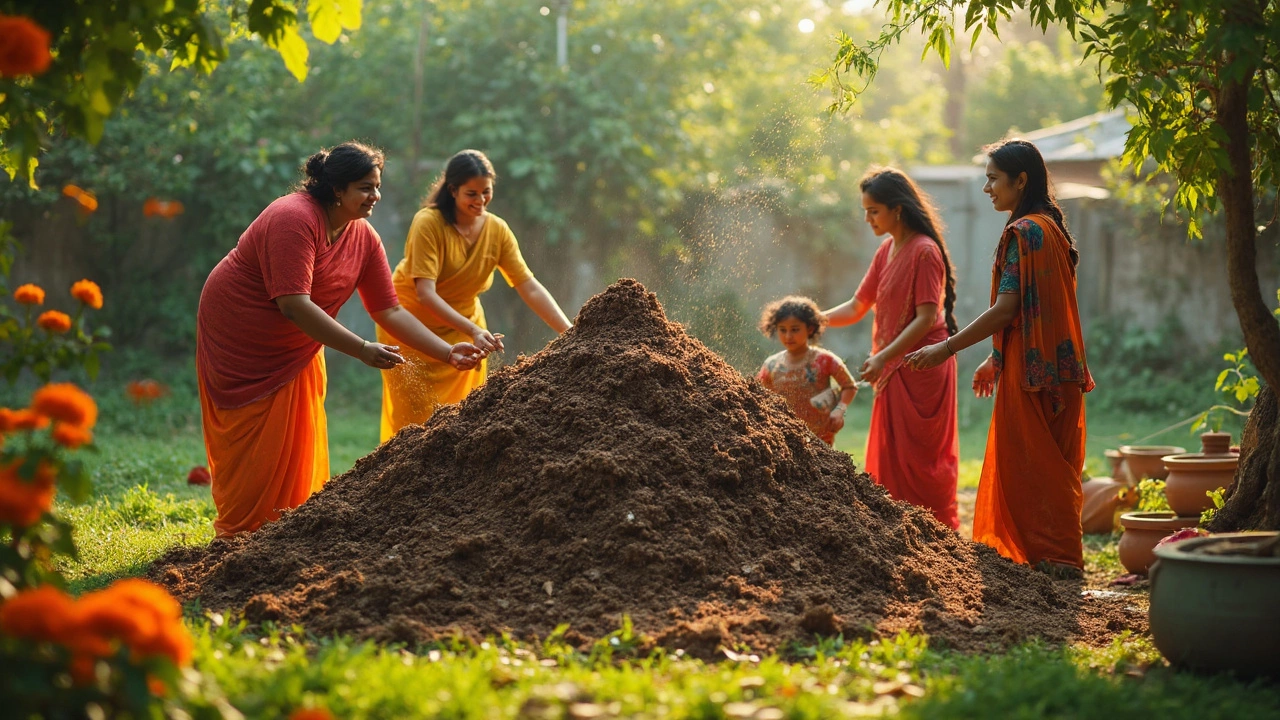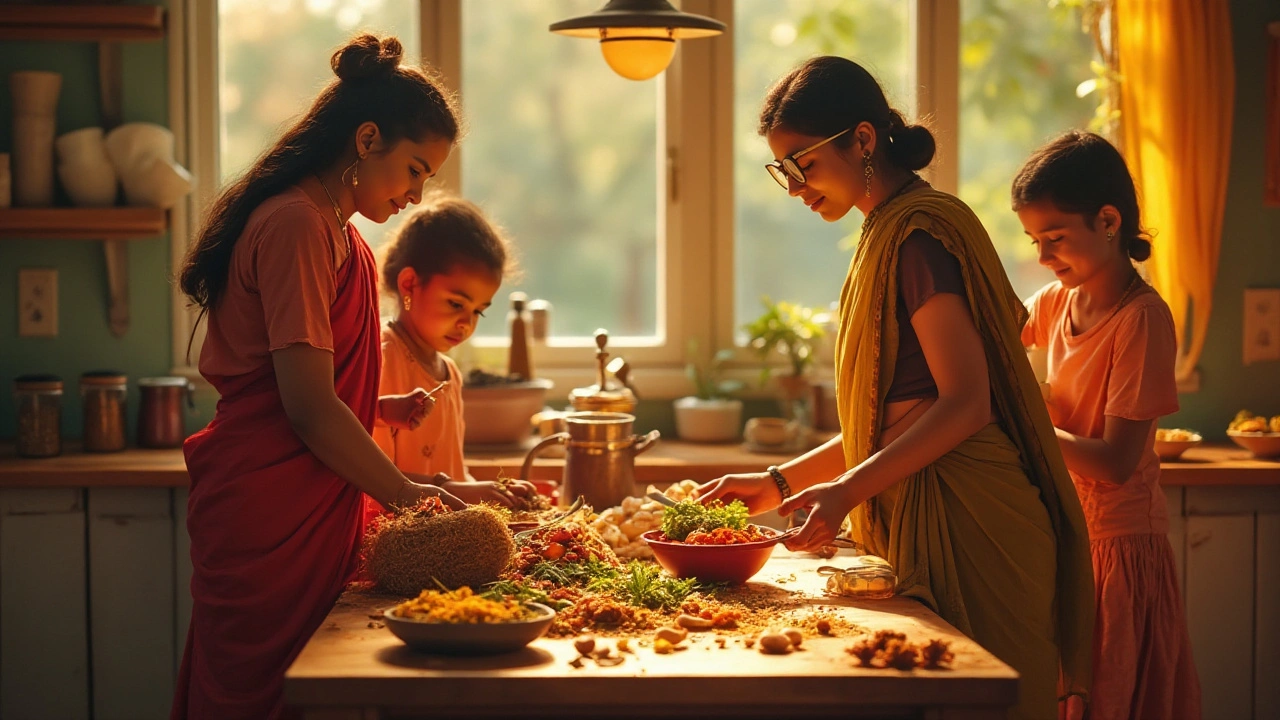Everything you need to know about compost activators—how they work, what ingredients speed up compost, and practical tips to supercharge your pile naturally.
Composting Tips: Simple Ways to Turn Waste into Garden Gold
When you start composting, the natural process of breaking down organic waste into nutrient-rich soil. Also known as home composting, it’s not magic—it’s just science you can do in your backyard, balcony, or even under your kitchen sink. Most people think composting needs space, special bins, or hours of work. But the truth? It’s simpler than watering your plants. You just need four things: brown materials, dry, carbon-rich stuff like dried leaves, paper, or straw, green materials, wet, nitrogen-rich scraps like veggie peels, coffee grounds, or grass clippings, a little water, just enough to keep it damp like a wrung-out sponge, and air, which keeps the microbes alive and stops it from stinking. Get that balance right, and your trash becomes treasure.
Many Indian households toss banana peels, tea leaves, or rice husks into the trash without realizing these are gold for the soil. You don’t need a fancy tumbler. A plastic bucket with holes punched in the sides works fine. If you’re short on space, vermicomposting, using worms to break down food waste is perfect for balconies. Red wigglers eat scraps fast, don’t smell, and produce fertilizer so rich it’s called "black gold." And if you’ve ever tried composting and ended up with a stinky mess? That’s usually because you added too many greens—like fruit peels or rotting veggies—without enough browns to balance them. A good rule: two parts browns to one part greens. Keep it covered, turn it once a week, and in 60 to 90 days, you’ll have dark, crumbly soil that makes your plants grow like crazy.
What you compost matters just as much as how you do it. Avoid meat, dairy, and oily foods—they attract pests and slow things down. Eggshells? Crush them first. They add calcium and break down faster. Even newspaper works, as long as it’s not glossy. And if you live in a hot, dry city like Hyderabad or Chennai, keep your pile shaded and moist. In monsoon-heavy areas like Kerala or Assam, cover it with a tarp to keep excess rain from turning it into soup. The best part? You’re not just making fertilizer. You’re cutting down on waste, saving money on soil, and helping the planet—all while gardening smarter.
Below, you’ll find real, tested advice from gardeners who’ve done this in small spaces, with limited tools, and under India’s tricky weather. Whether you’re new to composting or stuck on a smell problem, you’ll find a fix that works—no jargon, no fluff, just what actually gets results.
Creating your own compost can be a rewarding and eco-friendly endeavor, but not every kitchen scrap belongs in your compost pile. Some items can slow down composting, attract pests, or even introduce harmful toxins into your garden. Learning what to avoid is key to successful composting. Unearth the common misconceptions and practical advice to make your compost pile thrive.

